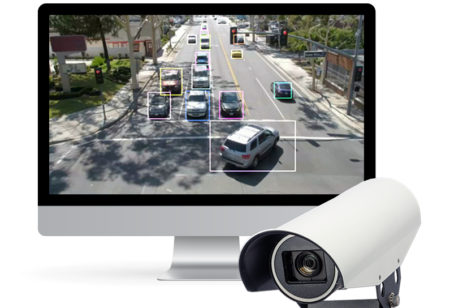Geotab, a provider of connected transportation solutions, has announced the launch of a new transportation analytics platform within its Intelligent Transportation Systems (ITS) line of business.
The new platform, called Altitude, can provide governments with real-world insights that can be used to improve transportation networks.
The Altitude platform is a single, integrated solution for transportation data capture, data analysis and data modeling needs, eliminating the need to separately contract for each portion of this transportation analytics value chain.
According to the company, Altitude is the foundation from which government entities at the local, state, and provincial levels can leverage to identify areas for traffic improvements, model and predict the impact of specific interventions and monitor their effectiveness.
Geotab ITS aggregates data from tens of millions of connected vehicles to produce transportation insights and urban analytics for transportation leaders across the US and Canada. These insights are driven from privacy-by-design principles and are provided in a modular, open platform so that partners and customers can quickly interact with the data and integrate it into internal systems, processes, and workflows.
“With Altitude, transportation leaders gain an additional layer of perspective around traffic data to quickly identify and resolve mobility challenges like freight bottlenecks and struggles around last-mile delivery before they become a problem,” said Mike Branch, vice president of data and analytics at Geotab. “And for problems that already exist, Altitude shines a light onto the root causes of the problems by adding much needed context so that governments can adjust course as needed.”
Altitude is the foundation for three core Geotab ITS products, including Origin and Destination, which provides aggregate insight into people and goods movement patterns; Intersections, which analyzes temporal traffic signal performance and corridor synchronization efficiencies; and Roads, which identifies bottlenecks and other traffic anomalies.
Jean Pilon-Bignell, vice president of business development, government and ITS at Geotab, added, “By aggregating connected-vehicle data across millions of vehicles on our roads, our customers gain unprecedented visibility and context into how people and goods move in their local jurisdictions, without the need for large ITS sensor deployments. We truly believe that our new Geotab ITS solutions will help to improve traffic in the cities where we live, and in the process, will quickly position Geotab as a leader in the burgeoning transportation analytics market.”





